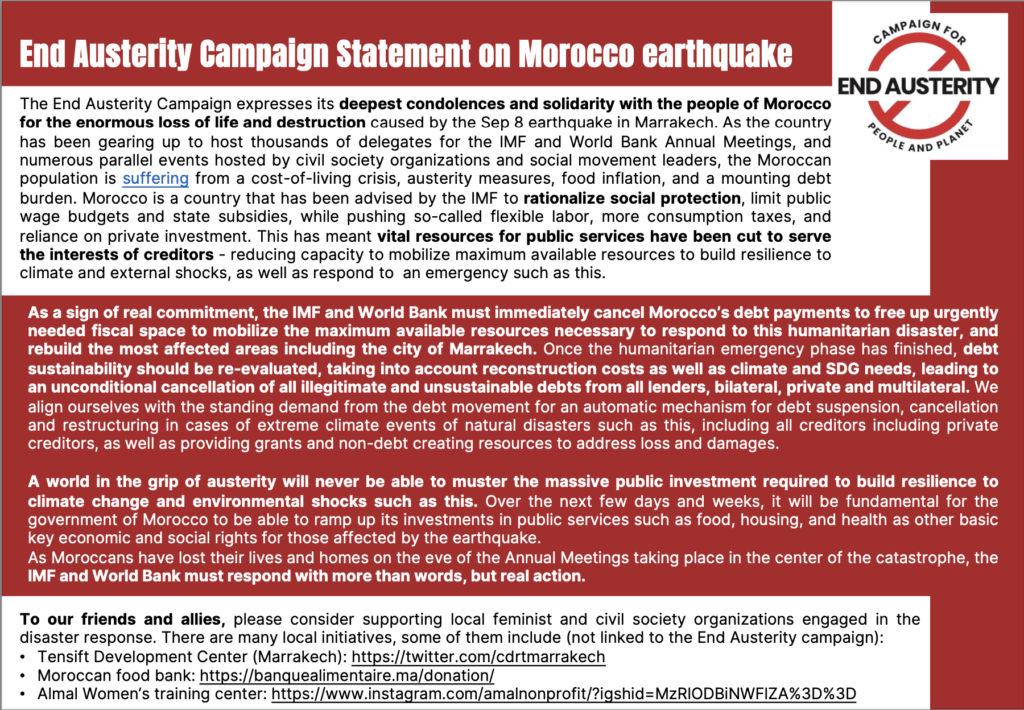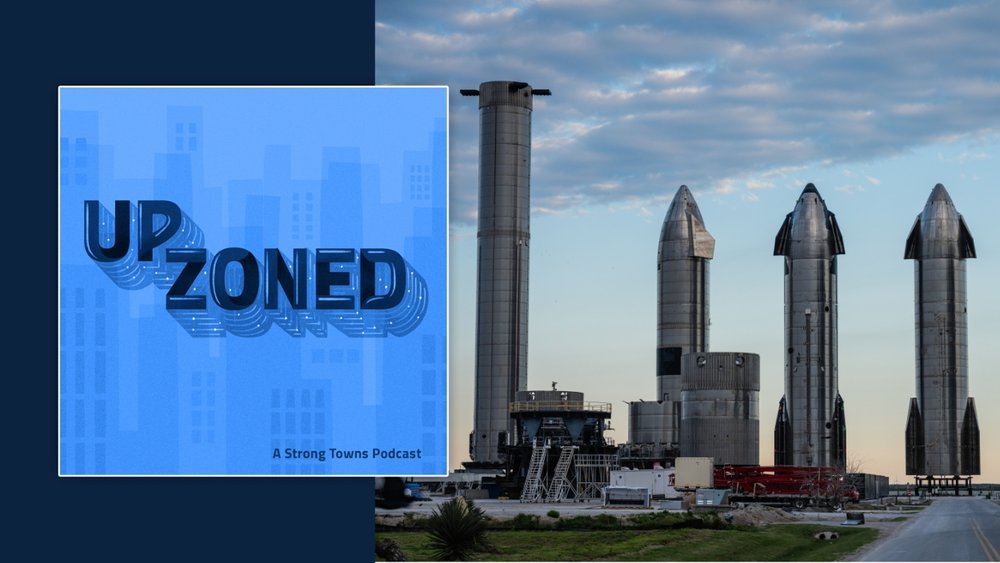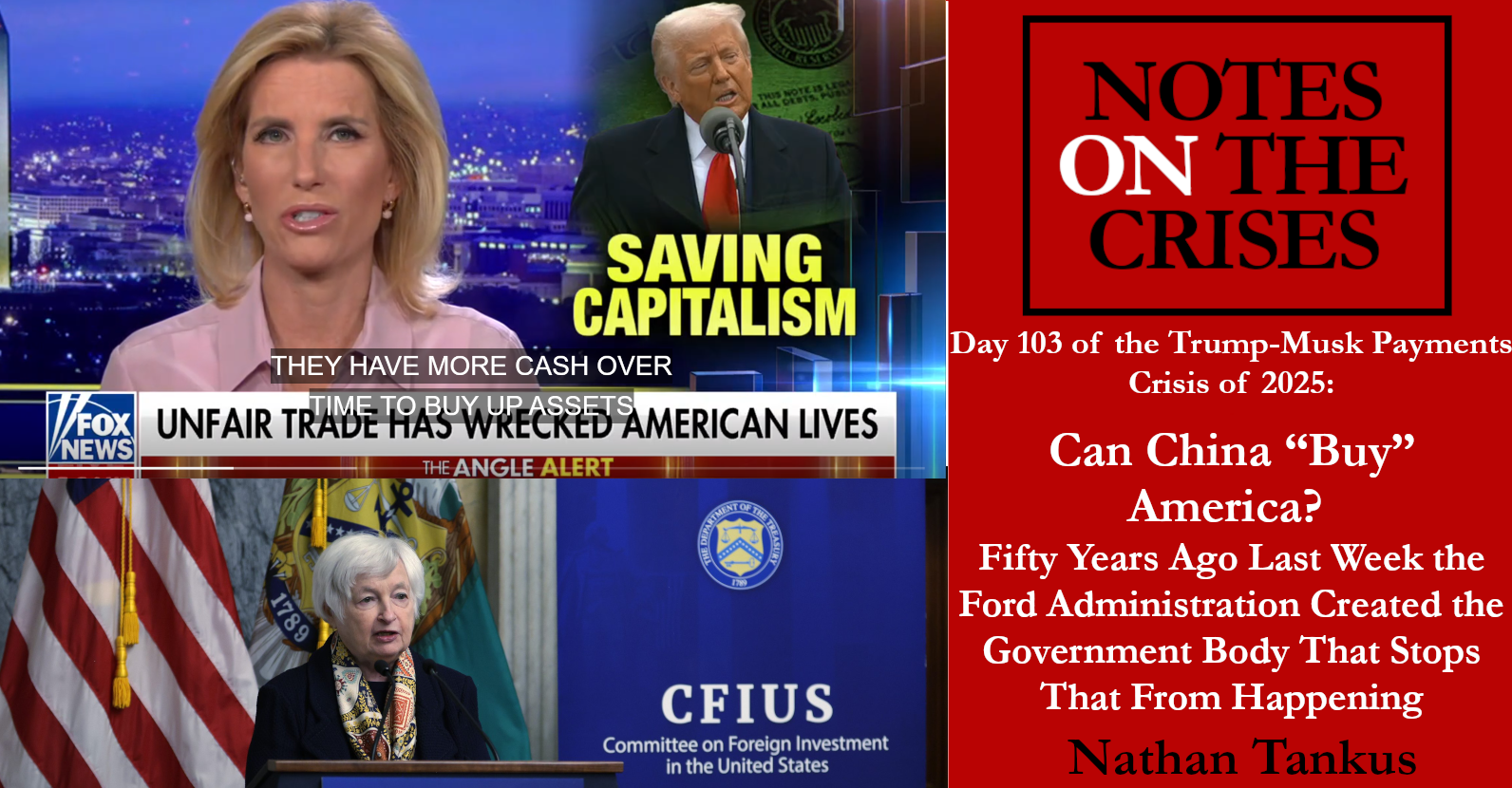Greetings from Shanghai!
This (long) post will encompass some brief comments and updates from my recent work, and will be followed by more detailed notes in the next few weeks. First, I spent the last few days in Shanghai, China lecturing at the School of International Relations and Public Affairs at Fudan University in Shanghai (July 8-23). The program is aimed for Ph.D. students, post-docs, and early career professionals who are entering academia and public policy government positions. This year’s theme is “Public Indebtedness and the Future of Human Development.” I spent close to six hours (split over two days) presenting “Global South Debt & Development: A Strategic Repositioning in a Multipolar World of Peace & Sustainable Prosperity,” and engaging in the most thoughtful discussions with 120 of the sharpest young minds in China. The future of the Global South is brighter. I will write more about this soon. Next, I will briefly highlight some recent events in Nairobi, Tegucigalpa, Tunis, and Havana.








